Why Do I Suddenly Love Mushrooms So Much? Reasons Why We Crave Mushrooms Explained
Have you ever wondered why you’re suddenly craving mushrooms? This unique mushroom craving could stem from a variety of reasons. Mushrooms are not only a culinary delight but also packed with nutrients. They’re a great source of vitamins, minerals, and antioxidants. Whether it’s the earthy taste or their umami flavor, mushrooms offer a satisfying experience to the palate.
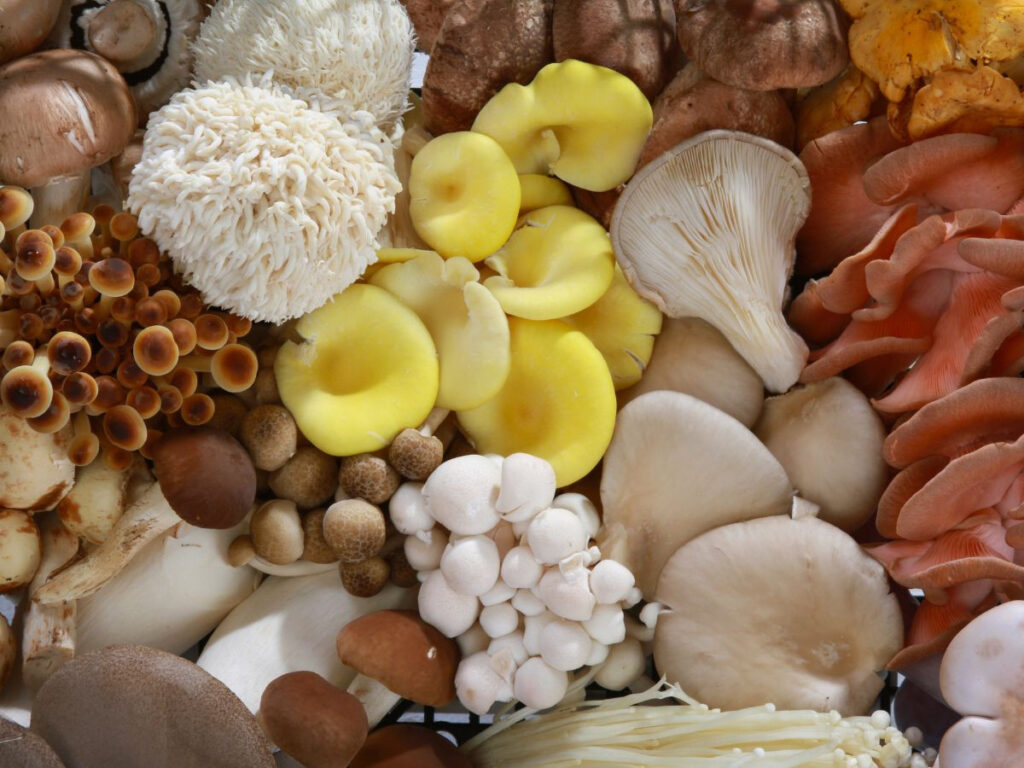
Have you ever found yourself daydreaming about a juicy portobello burger or salivating at the thought of a creamy lion’s mane mushroom risotto?
Are you here because you wonder, Why am I Craving Mushrooms Right Now? Why do people crave mushrooms in the first place
You’re not alone with those mushroom cravings! Mushrooms, those mysterious and marvelous fungi, seem to cast a culinary spell on us, leaving us craving mushrooms with their unique flavors and textures.
But why do these earthy treasures leave our taste buds tingling and our minds wondering?
Let’s take a look into the fascinating world of mushroom cravings with me, where we’ll unearth the secrets behind this fungi fascination.
It doesn’t matter if you like to dehydrate your mushrooms and make your Powder to incorporate throughout your day, maybe you are just learning to cook mushrooms in new and exciting ways or looking to take new mushroom supplements because you have been scared to eat mushrooms up until this point in your life.
We’ll figure out how and why Raw Mushrooms have the essential nutrients you need. So, whether it is shiitake mushrooms or oyster mushrooms, we’re going to find out why am I craving mushrooms right now!
Key Takeaways
Mushrooms’ diverse flavors and nutritional richness warrant moderate consumption.
Emotional connections and their distinct umami taste significantly influence mushroom cravings.
Healthy mushroom cravings management includes trying various types, incorporating them into different culinary creations, and stress management.
Table of Contents
Why Am I Craving Mushrooms?
Craving mushrooms can be due to their rich umami flavor, unique texture, and nutritional value content (like vitamin D and B vitamins), and possibly a psychological preference for their delicious taste, numerous health benefits, and the satisfaction they provide in meals.
The Allure of Mushrooms: A Comprehensive Understanding
Mushrooms captivate culinary enthusiasts and health-conscious individuals due to their unique taste and nutritional value.
This allure stems from various factors. Their flavor profile ranges from earthy to umami, offering a distinct taste experience.
Additionally, mushroom consumption holds emotional significance for many, often linked to comfort foods or cultural dishes.
Nutritionally, they are powerhouses packed with fiber, essential vitamins, and minerals while being low in calories.
This combination of taste, emotional resonance, and health benefits contributes to the widespread fascination with mushrooms in cuisines worldwide.
Unique Flavor Profile: A Deeper Dive
Mushrooms are celebrated for their distinct umami flavor, contributing to their widespread popularity in various cuisines.
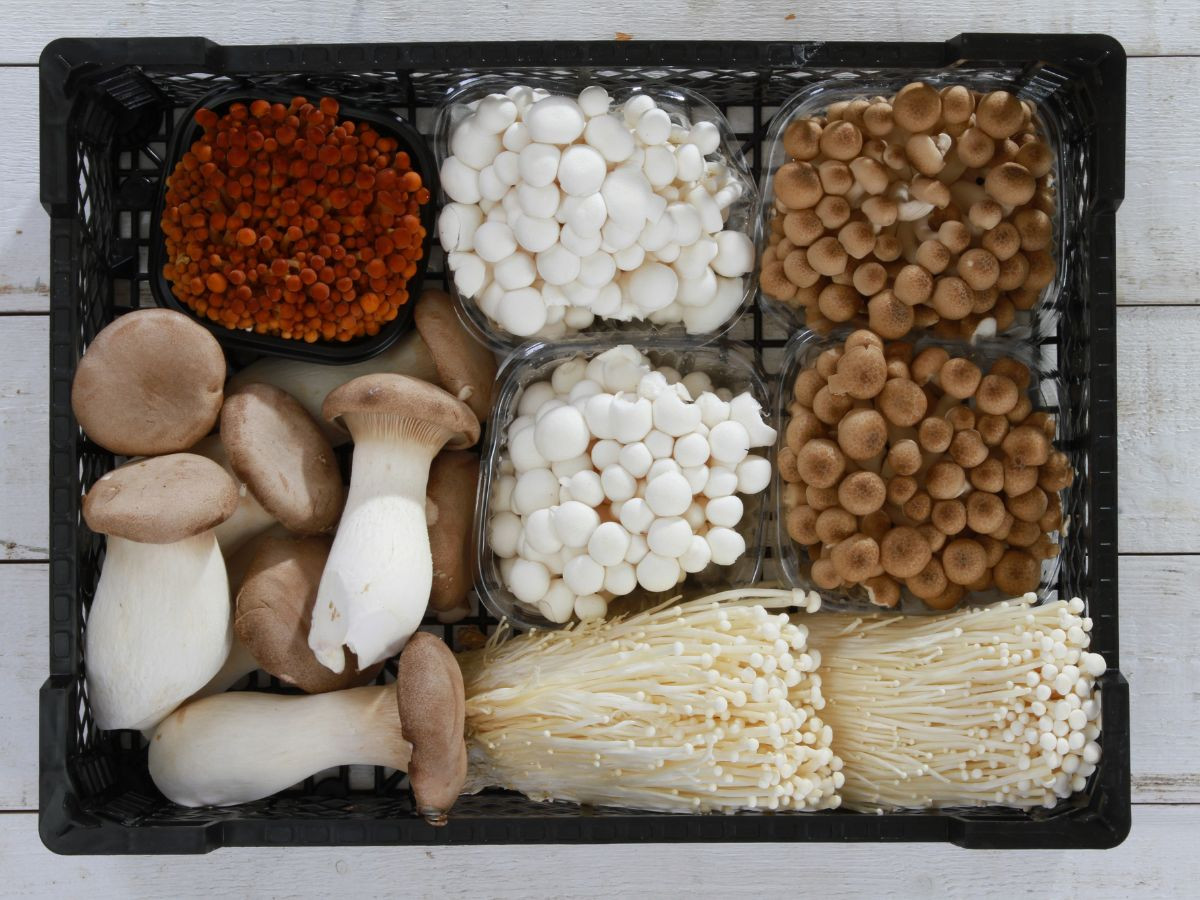
The taste of mushrooms is influenced by their type, growing conditions, and preparation methods. Some of the popular varieties include:
Portobello: Known for their large size and meaty texture, portobello mushrooms are ideal for grilling and stuffing.
Shiitake: With a slightly smoky flavor, these mushrooms add depth to Asian dishes.
Cremini: Often used in Italian cooking, they offer a milder flavor and are versatile.
Oyster: These have a delicate flavor and are commonly used in stir-fries and soups.
Each type brings unique flavors and textures, contributing to their crave-worthy status.
Nutritional Benefits: What Health Benefits Do Mushrooms Have?
Mushrooms are a powerhouse of nutrition, packed with vitamins (notably Vitamin D), minerals, and antioxidants.
They offer a range of health benefits, including boosting immunity, reducing inflammation, and potentially lowering the risk of certain diseases.
However, like any healthy food, balance is key, and overconsumption should be avoided to maintain nutritional harmony.
Rich in Nutrients
They are a good source of vitamin b, including riboflavin, niacin, and pantothenic acid, which help provide energy and maintain brain function.
Vitamin D
Some varieties are high in Vitamin D, essential for bone health and immune function.
Antioxidants
Contain antioxidants like selenium and ergothioneine, which protect cells from damage and reduce inflammation.
Boost Immune System
Certain compounds in mushrooms have been shown to stimulate the immune system.
Heart Health
The fiber, potassium, and vitamin C in mushrooms contribute to cardiovascular health.
Weight Management
Low in calories and high in fiber, they can benefit weight management and satiety.
Cancer Prevention
Studies suggest certain mushrooms may have cancer-preventing properties, though more research is needed in this area.
Gut Health
The fiber and certain types of polysaccharides found in mushrooms support gut health.
Eating a variety of mushrooms as part of a balanced diet can contribute to overall health and well-being.
Emotional Connections and Cravings
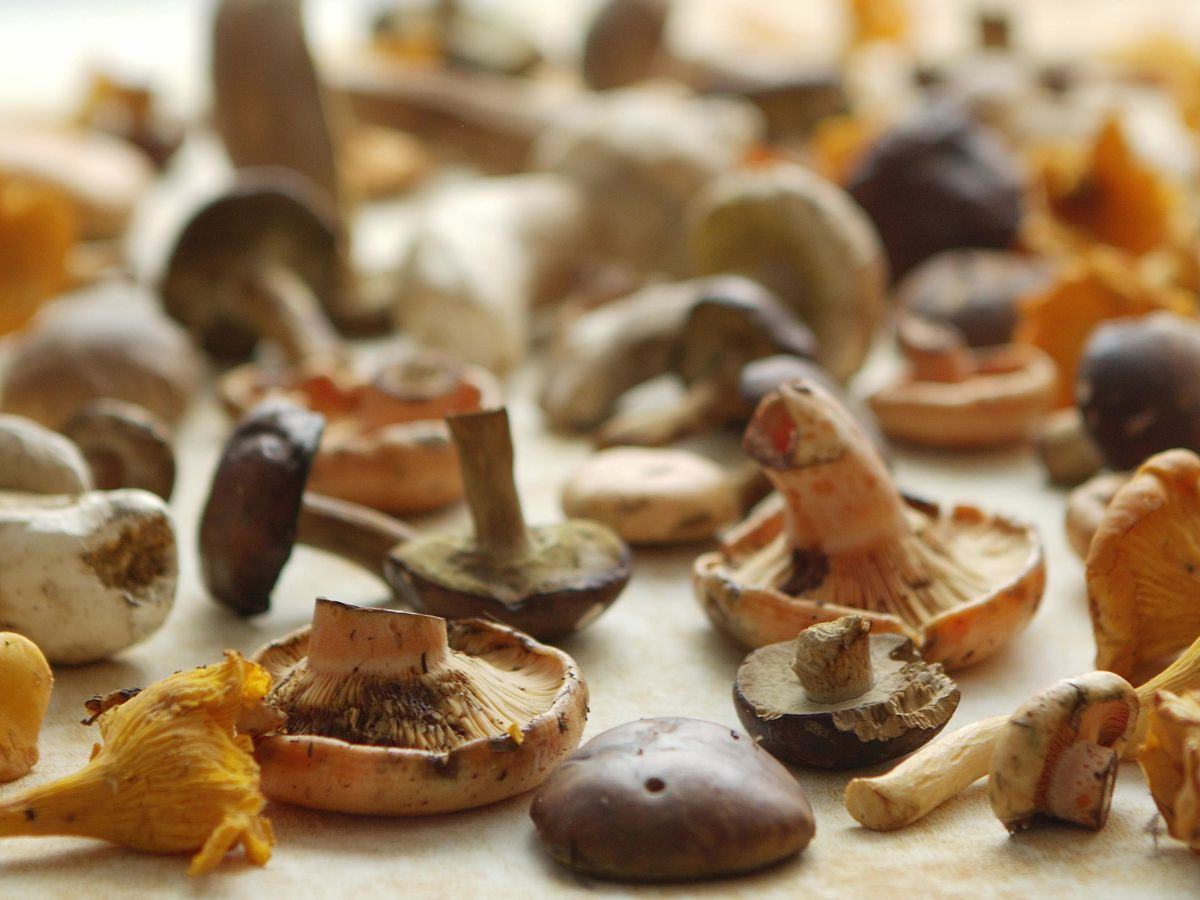
Mushrooms can evoke strong emotional responses, often tied to memories, comfort food experiences, or cultural significance.
This emotional connection might be a driving force behind why you find yourself craving mushrooms, particularly during periods of stress or emotional upheaval.
Emotional Connections and Cravings for Mushrooms:
Nostalgia: Memories of family meals or special events where mushrooms were a key ingredient can trigger cravings.
Comfort Food: For many, mushrooms are a part of comfort dishes, offering a sense of solace during stressful times.
Cultural Significance: In some cultures, mushrooms hold a special place in traditional cuisine, leading to cravings rooted in cultural identity.
Craving Mushrooms Before Period:
Hormonal changes and nutrient needs during the menstrual cycle might lead to specific food cravings, including mushrooms.
Eating Mushrooms While Pregnant:
Generally, mushrooms are safe and beneficial for pregnant women, offering nutrients like Vitamin D and B vitamins.
However, before you consume mushrooms it’s important to ensure they are cooked properly to avoid any potential risk from bacteria or parasites.
The Role of Umami in Cravings: A Closer Examination
Umami, the fifth basic taste, is abundant in mushrooms. This savory flavor is deeply satisfying and can trigger cravings.
The umami in mushrooms comes from natural glutamates, which enhance the overall flavor profile of the mushrooms and the dishes to which they are added.
The concept of umami as the fifth basic taste, alongside sweet, sour, bitter, and salty, has garnered significant attention in culinary and nutritional science.
Umami, often described as a savory or meaty flavor, plays a pivotal role in food cravings due to its unique and appealing taste profile.
In the context of craving mushrooms, umami is particularly prominent. This is primarily due to the natural presence of glutamates in mushrooms.
Glutamates are an amino acid that are key contributors to the umami flavor
When mushrooms are cooked or added to dishes, these glutamates are released, enhancing the dish’s overall flavor profile.
The impact of umami on cravings can be understood through several mechanisms:
Flavor Enhancement: Umami compounds in mushrooms boost the overall flavor of a dish. This enhancement makes the food more enjoyable and can lead to a greater desire to consume such flavors again.
Satiety and Fulfillment: Umami is known for imparting a sense of depth and fulfillment in food, which can be more satisfying than other basic tastes. This sense of satisfaction might be linked to increased cravings as the body seeks out foods that provide a complete and fulfilling taste experience.
Interaction with Taste Receptors: Umami compounds interact with specific receptors on the tongue. This interaction not only triggers the sensation of the umami taste but also can stimulate appetite and cravings. The taste receptors for umami are also linked to the digestive system, which might influence the craving for foods high in umami, like mushrooms.
Psychological Factors: The enjoyment derived from umami-rich foods can create a psychological preference for these flavors, leading to cravings. This is particularly true for dishes with well-balanced and prominent umami flavors, making them memorable and desirable.
In summary, the role of umami in cravings, especially as it relates to mushrooms, is multifaceted. It involves a complex interplay of enhancing the flavor profile of dishes, providing a sense of satiety, interacting with taste receptors, and psychological preferences for umami-rich foods.
Healthy Ways to Satisfy Your Mushroom Cravings: Expanded Strategies
Healthily managing mushroom cravings involves several strategies:
Culinary Exploration: Experiment with different mushroom recipes – from simple sautéed mushrooms to complex stews and soups.
Variety Sampling: Try various mushroom types to understand and appreciate their unique flavors and textures.
Portion Control: Be mindful of quantities to enjoy the benefits of mushrooms without overindulgence.
Mindful Eating: Pay attention to your eating experience, savoring each bite to satisfy cravings more effectively.
Nutritional Balance: Incorporate mushrooms into a balanced diet to ensure a harmonious intake of all nutrients.
Summary: A Comprehensive Overview
It is essential to understand the multifaceted reasons behind mushroom cravings, from their unique flavor and nutritional benefits to emotional connections.
By embracing a variety of mushrooms, experimenting with different recipes, and managing your mushroom consumption mindfully, you can enjoy these culinary delights healthily and satisfyingly.
FAQ And Additional Information:
Are Mushroom Healthier Raw or Cooked?
Mushrooms can be beneficial both raw and cooked, but cooking them can enhance certain health benefits.
Cooking mushrooms helps break down tough cell walls, making nutrients like B vitamins and minerals more available for absorption.
It also helps reduce the levels of certain compounds that might be harmful in raw mushrooms. However, some nutrients, like Vitamin C, can be reduced during cooking.
Whether to eat mushrooms raw or cooked may depend on personal preference and the specific health benefits you’re seeking.
Can You Eat Too Many Mushrooms?
Yes, it is possible to eat too many mushrooms. While mushrooms are nutritious, offering fiber, vitamins, and minerals, craving mushrooms frequently and consuming them excessively can lead to potential health issues.
These issues may include digestive problems due to their high fiber content or potential harm from natural toxins in some wild mushrooms.
Eating mushrooms in moderation is important as part of a balanced diet. Always ensure before consuming mushrooms, they are properly identified and prepared to avoid any health risks associated with wild mushroom varieties.
What vitamins are in mushrooms?
Mushrooms are a good source of several vitamins, including:
Vitamin D: Especially in mushrooms exposed to sunlight or UV light, vital for bone health and immune function.
B Vitamins: Including riboflavin (B2), niacin (B3), and pantothenic acid (B5), which help with energy production and brain health.
Folate (B9): Important for cell division and formation of DNA.
These vitamins contribute to the Many health benefits of mushrooms, making them a valuable addition to a balanced diet.
Are Mushrooms Good For Depression?
Psychoedelic mushrooms have psilocybin that induces brain activation and produces noticeable neuronal responses lasting 4-6 months. Interestingly, a small research report shows psilocybin could help lower the risk of depression among a patient population.
The relationship between craving mushrooms and their potential impact on depression is an area of growing interest in nutritional psychiatry.
While definitive conclusions require more extensive research, some studies suggest that certain components in mushrooms could have beneficial effects on mental health, including depression. Here’s a closer look:
Vitamin D: Some mushrooms are rich in vitamin D, especially when exposed to sunlight or UV light. Vitamin D has been linked to mood regulation and may play a role in alleviating symptoms of depression.
Antioxidants: Mushrooms contain antioxidants like selenium and ergothioneine, which combat oxidative stress in the body. Oxidative stress has been associated with the development of depression.
Anti-inflammatory Properties: Chronic inflammation is thought to be a contributing factor to depression. Some compounds in mushrooms have anti-inflammatory properties, which might help in reducing this risk.
B Vitamins: Mushrooms are a good source of B vitamins, particularly B2 (riboflavin), B3 (niacin), and B9 (folate). These vitamins are essential for brain health and may influence mood.
Psychotropic Properties (in specific types): Certain types of mushrooms, notably psilocybin mushrooms (often referred to as “magic mushrooms” or “psychedelic mushrooms), contain psychotropic compounds. These have been studied for their potential in treating depression, particularly treatment-resistant depression. However, it’s important to note that these are not typical edible mushrooms and their use is subject to legal restrictions in many places.
Gut-Brain Axis: The gut-brain axis is a communication network that links the gut and brain, and it plays a crucial role in mental health. Mushrooms healthier raw are high in fiber and can support gut health, which may indirectly benefit mental well-being.
While these aspects offer promising insights, it’s crucial to approach the topic with caution. Eating mushrooms as part of a balanced diet can contribute to overall health, but they should not be seen as a standalone treatment for depression.
Craving Mushrooms During Pregnancy
Nutritional Needs: Pregnancy increases the need for certain nutrients like B vitamins and minerals, which mushrooms provide.
Flavor and Texture Preference: Pregnant women often experience changes in taste preferences, and mushrooms’ unique umami flavor and texture might be particularly appealing.
Natural and Healthy Option: Mushrooms are a nutritious, low-calorie food, making them a healthy craving choice during pregnancy.
Always ensure that mushrooms are well-cooked to avoid potential foodborne illnesses, which are more risky during pregnancy.
Craving Mushrooms Before Period
Nutritional Needs: Your body may need more nutrients like B vitamins, iron, and potassium during this time, all found in mushrooms.
Comfort Food: The unique umami flavor and satisfying texture of mushrooms might be appealing as comfort food during premenstrual phase.
Hormonal Changes: Fluctuations in hormones before your period can affect taste preferences and cravings.
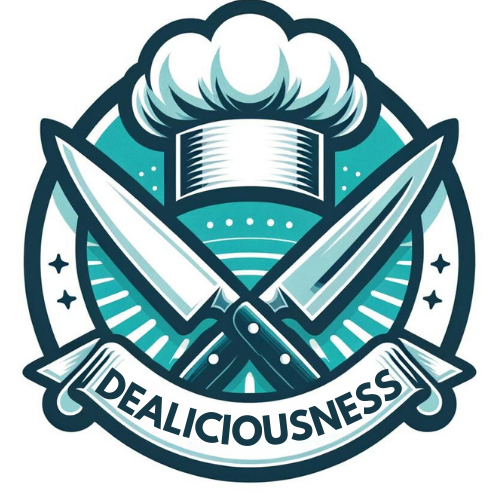
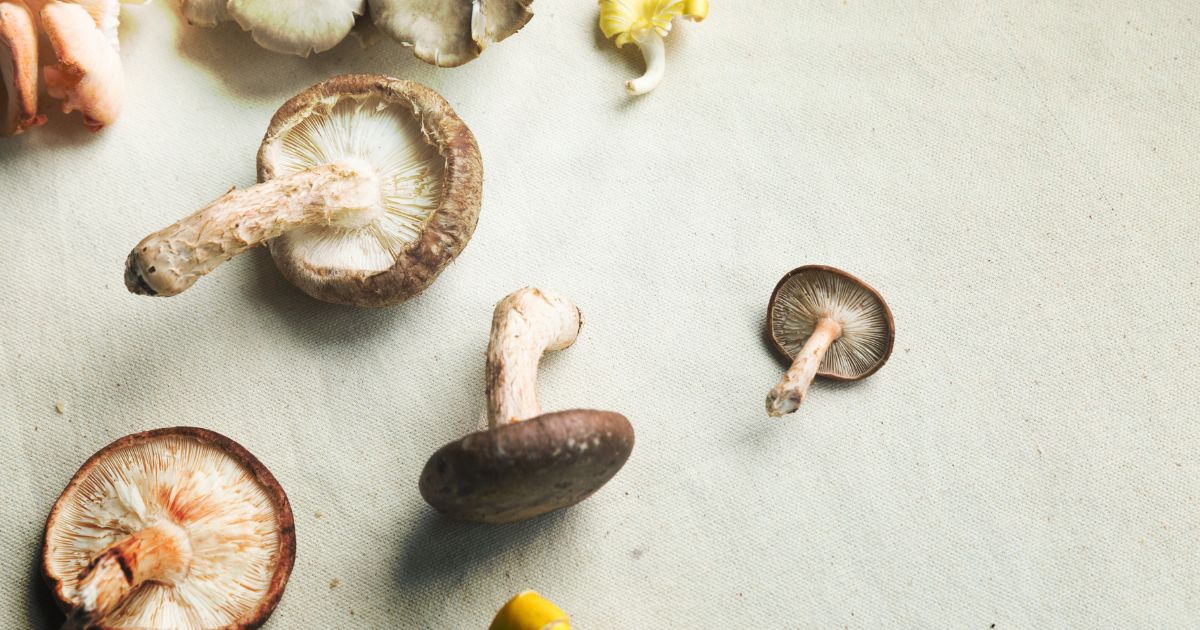


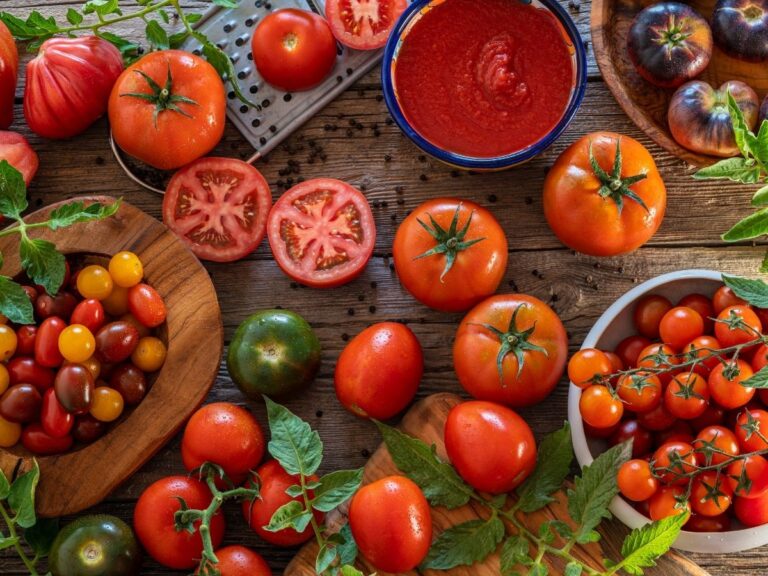


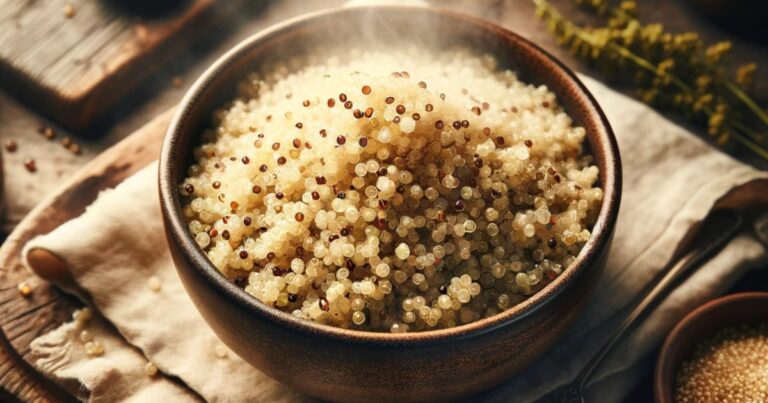
2 Comments